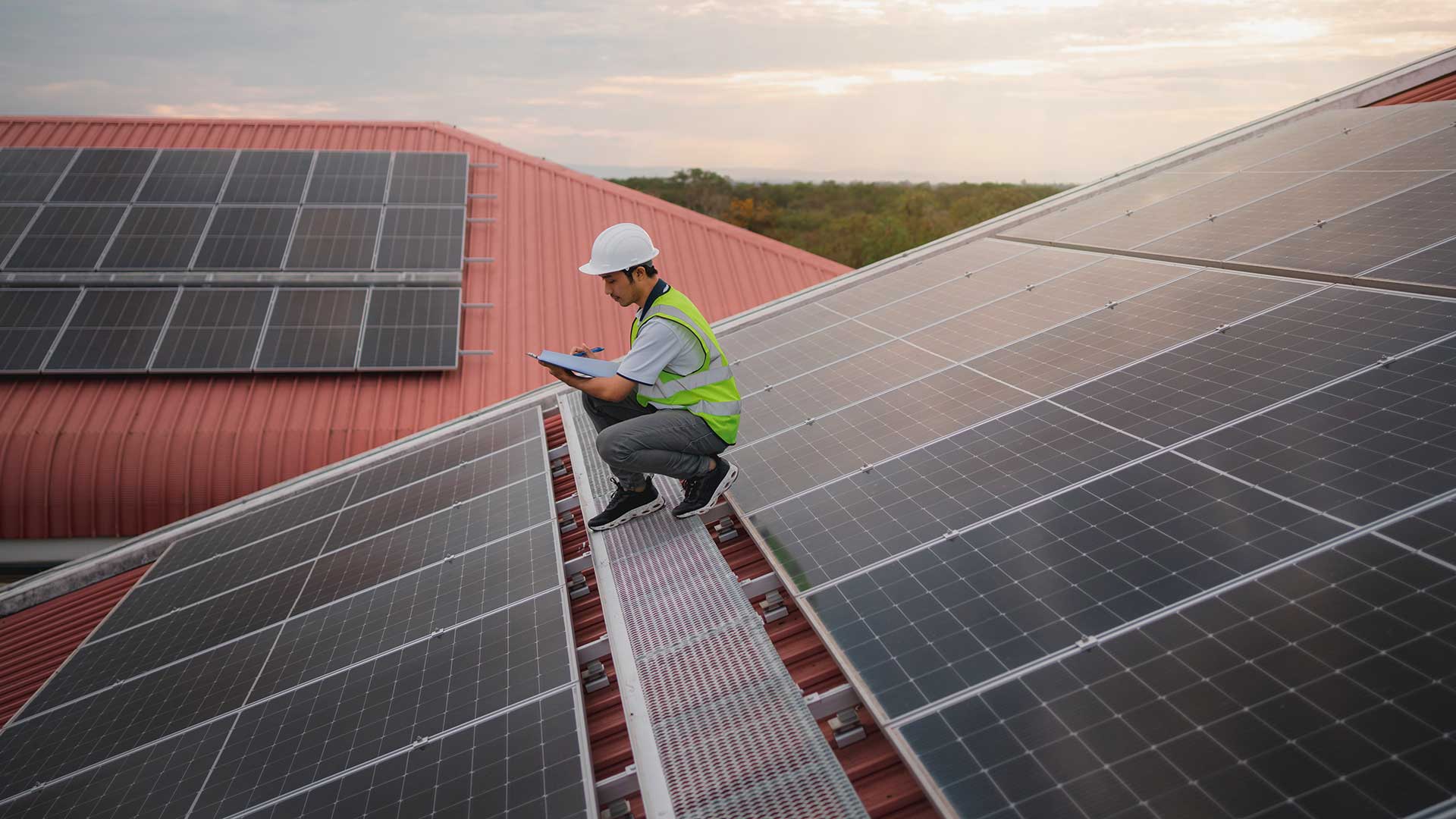In recent years, the push towards renewable energy sources has sparked a significant interest in solar power, particularly rooftop solar installations. While many homeowners and environmental advocates champion the transition to clean energy, power companies have faced challenges in integrating rooftop solar into their traditional grid systems. This article delves into the complexities surrounding the relationship between power companies and solar energy, exploring the obstacles, policies, and resistance that have emerged.
Challenges of Grid Integration
One of the primary challenges faced by power companies is the impact of rooftop solar on their operations. As more homeowners choose to install solar panels on their roofs, the demand for traditional utility-supplied electricity diminishes. This shift in consumption patterns can strain the power grid and create concerns regarding grid stability and reliability. For example, solar energy output fluctuates based on weather conditions, leading to unpredictability can strain grid management and require backup solutions.
Net metering, a billing mechanism that allows rooftop solar owners to receive credits for excess power they generate and feed back into the grid, further complicates the relationship between utility companies and solar customers. While net metering can benefit homeowners with solar panels on their roof, it presents financial challenges for electric utilities that must maintain the power grid infrastructure.
The increasing penetration of rooftop solar also raises concerns about the overall resilience of the power grid. Power companies must adapt their grid management strategies to accommodate the variability of solar power generation, particularly during peak production times when solar systems can supply excess power back to the grid.
Rooftop Solar Policies and Regulations
The regulatory landscape surrounding rooftop solar installations plays a crucial role in shaping the interactions between utility companies and solar energy. As the primary entities responsible for supplying electricity, utility companies often wield influence over the policies and incentives related to solar power.
State regulators oversee the integration of rooftop solar into existing power systems, balancing the interests of utility companies with the promotion of renewable energy sources. Net metering policies, in particular, have become a point of contention between solar advocates and utility companies, as they determine how solar owners are compensated for their excess power contributions.
Utility companies play a significant role in facilitating the adoption of rooftop solar by homeowners. As advocates for clean energy initiatives, utility companies must navigate the regulatory landscape to support the growth of distributed solar generation while ensuring the stability of the power grid.
Residential Solar Adoption Obstacles
Despite the benefits of solar energy, residential solar adoption faces several obstacles that hinder widespread implementation. Challenges related to solar panel installation include upfront costs and regulatory approvals and can deter homeowners from pursuing rooftop solar systems.
The perception of solar energy by homeowners also influences adoption rates. Misconceptions about the efficiency and reliability of solar power systems can prevent individuals from considering solar installations as a viable option for their energy needs.
The impact of public service obligations further complicates the integration of rooftop solar. Power companies must balance the interests of all customers, including those who have not installed solar panels on their roofs, to ensure equitable access to reliable electricity.
Utility Resistance Towards Solar Energy
The resistance exhibited by some utility companies towards solar energy stems from a variety of factors. Solar companies, viewed as competitors by traditional electric utilities, challenge the existing power dynamics within the energy sector.
Issues related to power back to the grid pose significant challenges for utility companies. Managing the flow of excess power from rooftop solar systems back into the grid requires extensive coordination and infrastructure investments to maintain grid stability.
Regulatory challenges faced by solar energy industries association can also contribute to the resistance encountered from utility companies. Disputes over pricing mechanisms, grid access, and power generation incentives can create barriers to the widespread adoption of solar power systems.

Promoting Clean Energy Future
Despite the challenges and resistance faced by power companies, rooftop solar stands as a key player in the transition towards a cleaner energy future. Advocacy by the solar industry for increased adoption of clean energy solutions highlights the potential of rooftop solar to drive positive environmental impact.
State regulators play a critical role in fostering the growth of the solar industry by enacting policies that support renewable energy initiatives. By collaborating with solar advocates and utility companies, regulators can create a conducive environment for the expansion of solar power systems and the reduction of reliance on traditional power plants.
In conclusion, the journey towards a sustainable energy landscape involves navigating the intricate relationships between power companies, solar industry stakeholders, and regulatory bodies. By addressing the challenges of grid integration, promoting favorable policies, overcoming adoption obstacles, and fostering collaboration, the solar energy sector can play a significant role in shaping a cleaner and more sustainable future for all.
Q: What is the role of utility companies in hindering the integration of rooftop solar into the power grid?
A: Utility companies have raised concerns about net metering policies and how they affect the compensation for solar customers who generate excess energy from their rooftop solar panels.
Q: How do utility companies impact rooftop solar customers looking to install rooftop solar?
A: Utility companies may impose restrictions or additional fees on customers looking to install rooftop solar, making it less financially viable for them to go solar.
Q: What is the potential impact on solar installers if utility companies oppose rooftop solar?
A: If utility companies oppose rooftop solar, it could lead to a decrease in demand for solar installers’ services, impacting their businesses and potentially causing them to go out of business.
Q: How do utility companies view customers who lease solar panels on their rooftops?
A: Utility companies may have concerns about customers who lease solar panels, as it affects how excess energy is managed and compensated within the power grid.
Q: How are rooftop solar power systems connected to the local utility grid?
A: Rooftop solar power systems are typically connected to the local utility grid through the power meter, allowing solar customers to both consume and potentially sell excess energy back to the grid.
Q: What are some of the challenges faced by the rooftop solar industry in dealing with utility companies?
A: The rooftop solar industry faces challenges such as navigating regulations imposed by utility companies, ensuring fair compensation for excess energy, and advocating for policies that support the growth of solar projects.
Q: How do investor-owned utilities differ from other types of utilities in their approach to rooftop solar?
A: Investor-owned utilities may have different incentives and priorities compared to publicly owned or cooperative utilities, impacting their stance on rooftop solar integration and net metering policies.



